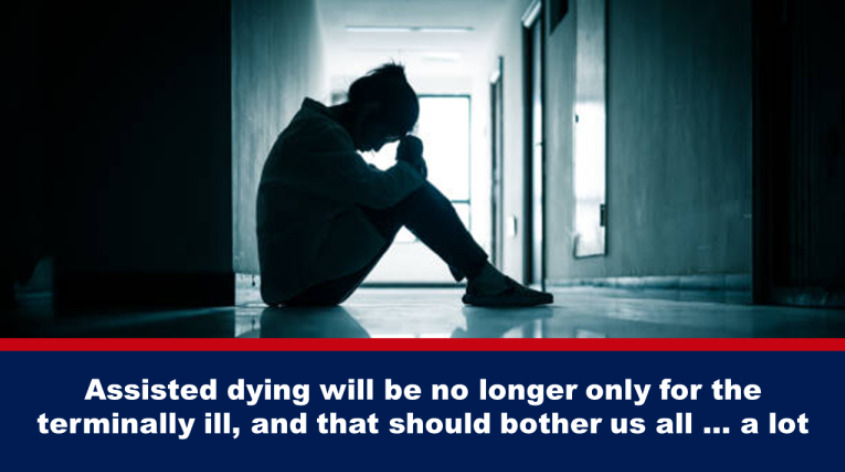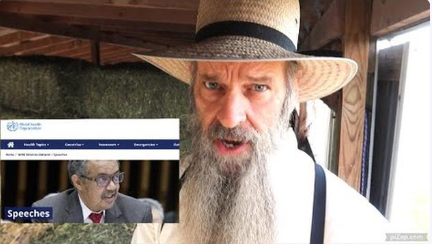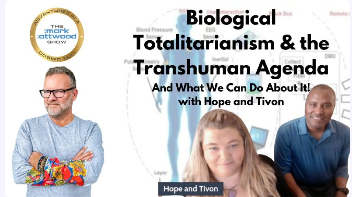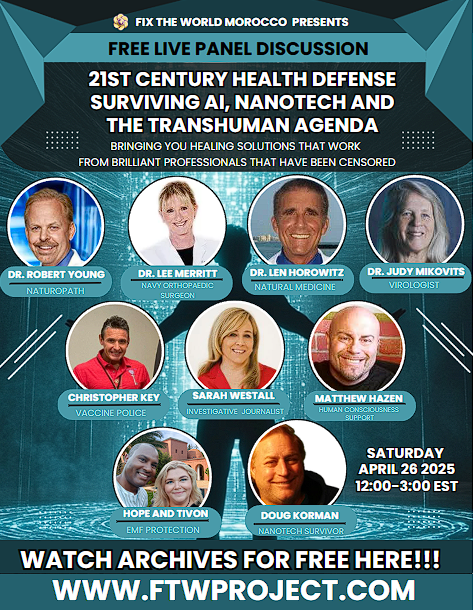Something tells me that dying with the help of a physician is going to get easier and easier. And that bothers the hell out of me, wrote James Lyons-Weiler.
“Typically, assisted dying laws require that a patient is terminally ill and suffering unbearably. But here’s the catch: recent trends show a departure from these foundational criteria. A shift that’s stirring a hornet’s nest of ethical debates. We’re now seeing jurisdictions including non-terminal conditions like mental health disorders as grounds for assisted dying,” he wrote.
Assisted Dying Laws: Can We Safely Navigate the Slippery Slope of Shifting Ethical Landscapes?
Today, we’re diving into a pressing ethical issue: the expansion of criteria for assisted dying laws. A necessary discussion, but not for the faint of heart. A grim topic, yes, but one that exposes the raw nerve of our collective moral compass. As ever, we aim to provide comprehensive insights, so strap in for a bumpy ride down this slippery slope.
Let’s rewind the reel to the roots of these laws, originally constructed with safeguards to alleviate the unendurable suffering of terminally ill patients. Oregon, USA, was an early adopter, and across the Atlantic, the Netherlands and Belgium forged paths in European legislation. Each model, while unique, was cast by its proponents as prioritising dignity, autonomy, and palliative intent in the face of agonising physical affliction.
Then, there were those heartbreaking cases that challenged our perspectives – cases like that of Terri Schiavo. A legal battle waged on her life’s worth, not in the quiet rooms of her home, but under the glaring public eye. These cases became our moral litmus tests, revealing the complex ethical landscape underneath our legislative ventures.
Typically, assisted dying laws require that a patient is terminally ill and suffering unbearably. But here’s the catch: recent trends show a departure from these foundational criteria. A shift that’s stirring a hornet’s nest of ethical debates. We’re now seeing jurisdictions including non-terminal conditions like mental health disorders as grounds for assisted dying.
It’s here we encounter the slippery slope, a treacherous terrain that threatens to destabilise the careful balance of compassionate end-of-life care and the potential exploitation of vulnerable individuals. It poses the question: how far can we expand the bounds of assisted dying without blurring the lines of morality and legality?
Not just an idle debate, this ethical dilemma is being played out in real time, with real lives. In Canada and the Netherlands, where psychological suffering and an “accumulation of old age disorders” are now considered valid reasons for assisted dying.
These developments prompt us to evaluate the potential legal repercussions and debates ignited by such expansion. The question that continually surfaces is whether these laws will become so expansive that they risk morphing into an instrument for prematurely ending the lives of those who are vulnerable or in temporary despair.
Spectator TV, a growing platform, has recently covered a controversial issue involving Canada’s decision to expand its assisted death laws to include people with mental illnesses. This move has sparked a heated debate on the nature and scope of assisted dying, with some proponents arguing it could be a relief for those suffering while others warn against the potential misuse of such policies. The significant rise in Spectator TV‘s subscribers suggests that people worldwide are interested in such discussions.
Douglas Murray, a contributor to Spectator, has voiced his concerns over the matter. He’s raised several ethical questions about assisted dying in the past, stressing the potential risks and the necessity of setting proper boundaries. His concern primarily revolves around the potential for such laws to gradually expand, potentially leading to misuse or unintended consequences.
In 2016, Canada’s government introduced the Medical Assistance in Dying (“MAID”) Act, initially designed to help people with terminal illnesses. Two years later, the law expanded to include those with non-terminal conditions. As of March next year, the legislation is set to further broaden its scope to include medically assisted dying for people whose sole underlying condition is mental illness.
Murray’s worries manifest starkly in the case of Lisa Pawley, a 47-year-old woman suffering from anorexia, who seems to look forward to the implementation of the new law. He argues that the societal message sent by offering death as an option to someone with anorexia – a condition that needs extensive love, support, and treatment – is fundamentally flawed.
About 1 million people in Canada suffer from anorexia. Will Pawley’s demise set an example for what some with mental illness consider “an easy way out”? The Association of Accredited Naturopathic Medical College provides an article explaining why holistic approaches in naturopathic medicine may be the answer.
See: Fighting Eating Disorders: Why Naturopathic Medicine May Be the Answer
Turning back to Douglas Murray’s interview, Murray also raises the issue of potential financial incentives associated with euthanasia, fearing that these could result in encouraging euthanasia as an ‘“easy option.” He worries about the moral implications of the policy, questioning whether people might be pushed towards euthanasia for financial reasons.
These issues call into question the role of compassion in our society. As Murray points out, historically, actions have been justified in the name of compassion that led to significant atrocities. While he is not comparing the Canadian situation directly to such horrific events, he uses this to highlight the potential slippery slope that society could descend when actions are cloaked in the language of compassion.
The planned expansion of Canada’s assisted dying laws raises significant ethical, societal, and moral issues that other countries, like Britain, may need to consider if they are to go down the same path. The fundamental question of whether it is possible to have assisted dying laws and effectively limit their scope remains, as Murray suggests, a crucial point of debate.
It’s a challenging debate, not least because it forces us to confront our mortal fragility. But as we stand on this slippery slope, peering into the uncertain future of assisted dying laws, we must strive for a path that upholds the dignity and autonomy of individuals, without jeopardising the sanctity of life.
It’s an ongoing discourse, and we encourage our readers to stay informed, foster compassion, and ensure we navigate this ethical landscape with the precision it demands. Let’s continue this dialogue together, for it’s in the exchange of ideas that we illuminate the path forward.
As ever, stay thoughtful and stay informed.
[In the video below, Douglas Murray joined John Connolly to discuss Canada’s proposed expansion of its euthanasia laws. From next year, people who are mentally unwell will be eligible to legally take their own life. What is Trudeau thinking?]
Source Link: https://expose-news.com/2023/08/06/assisted-dying-will-be-no-longer-only-for/
Bitchute: https://www.bitchute.com/channel/YBM3rvf5ydDM/
Telegram: https://t.me/Hopegirl587
EMF Protection Products: www.ftwproject.com
QEG Clean Energy Academy: www.cleanenergyacademy.com
Forbidden Tech Book: www.forbiddentech.website













